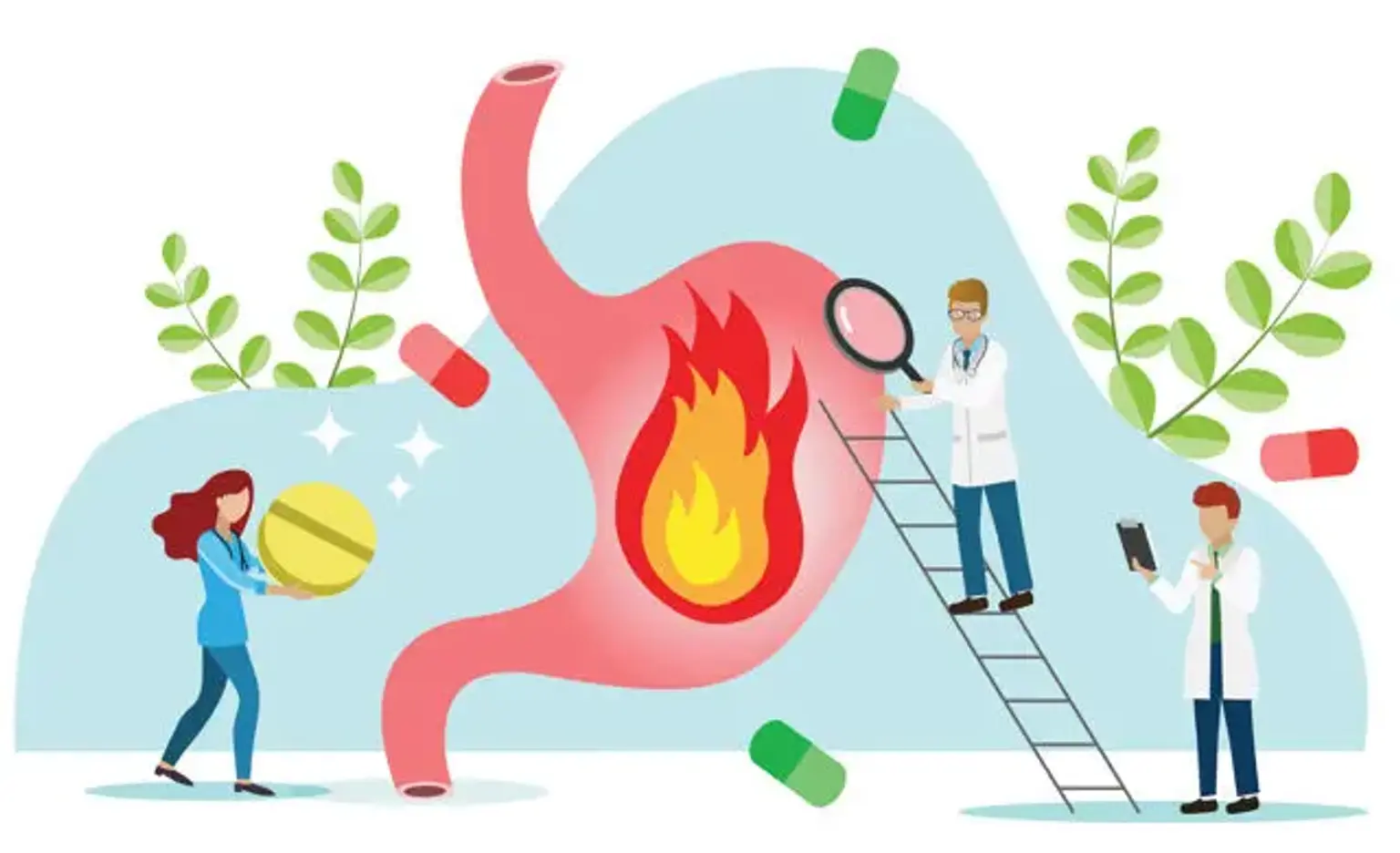Introduction
Acid reflux occurs when stomach acid or bile flows backward into the esophagus, causing discomfort and irritation. It's often felt as heartburn—a burning sensation in the chest—but may also present as regurgitation, difficulty swallowing, or a lump in the throat. When acid reflux becomes frequent, it can lead to GERD (gastroesophageal reflux disease), a more severe, chronic form of the condition that requires ongoing management.
In Korea, acid reflux is increasingly common due to dietary habits, such as the frequent consumption of spicy and fatty foods, which can trigger reflux. Understanding the causes, symptoms, and treatments for acid reflux is crucial for managing this condition effectively.
Understanding the Causes of Acid Reflux
Acid reflux occurs when the lower esophageal sphincter (LES)—a muscle that separates the esophagus from the stomach—relaxes inappropriately, allowing stomach acid to flow back up. Key factors contributing to acid reflux include:
Weak LES: If the LES doesn't function properly, acid can escape into the esophagus.
Obesity: Excess weight, particularly around the abdomen, puts pressure on the stomach, promoting reflux.
Hiatal Hernia: This condition, where part of the stomach pushes through the diaphragm, can weaken the LES.
Pregnancy: Hormonal changes and increased abdominal pressure can exacerbate acid reflux.
Smoking: Smoking weakens the LES and decreases saliva production, which normally helps neutralize stomach acid.
Diet: Spicy, fatty foods, caffeine, alcohol, and chocolate can relax the LES and trigger reflux.
Medications: Certain medications, such as painkillers and blood pressure drugs, can contribute to reflux.
In Korea, the prevalence of acid reflux is rising, partially due to traditional dietary patterns, which may increase the likelihood of reflux symptoms.
